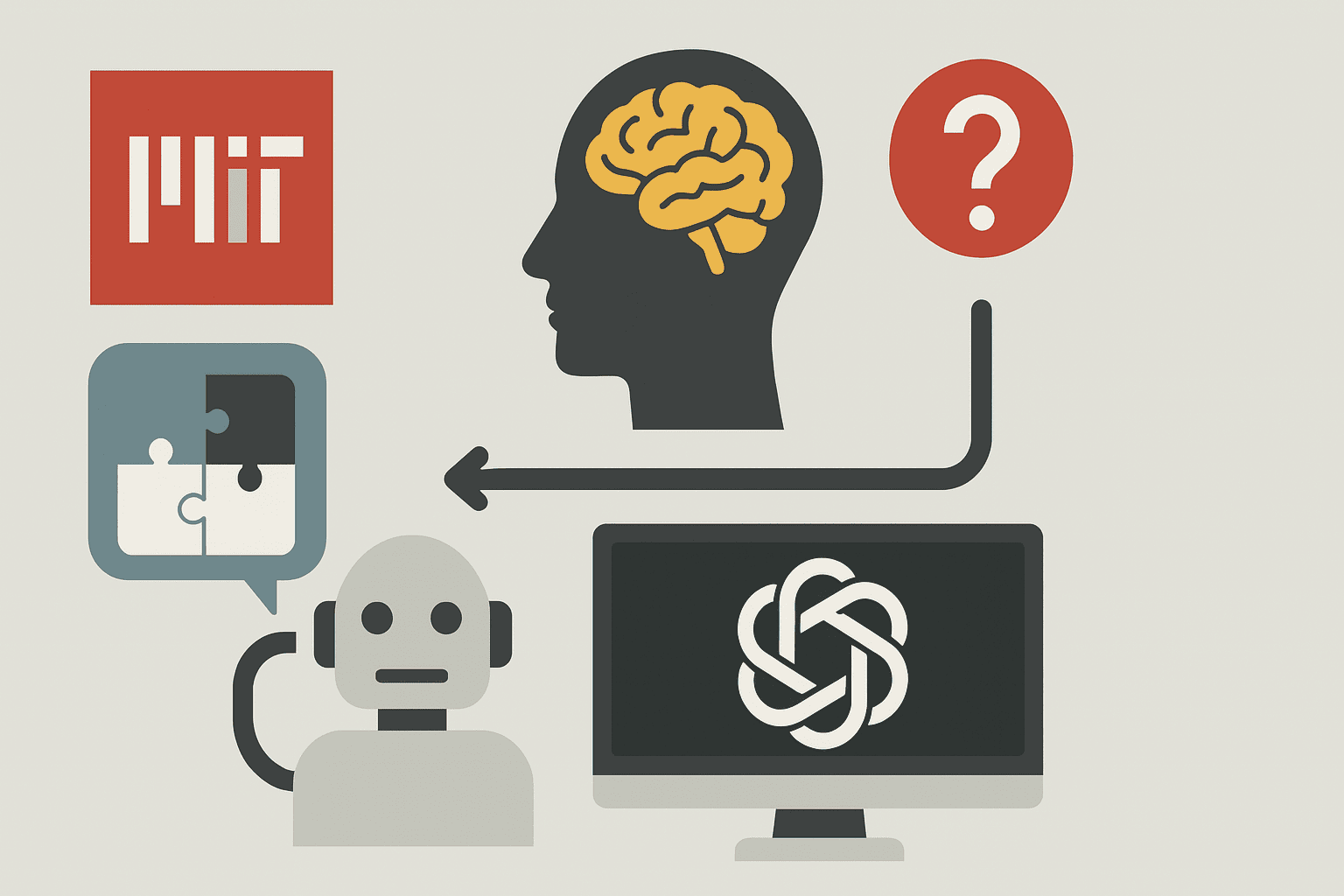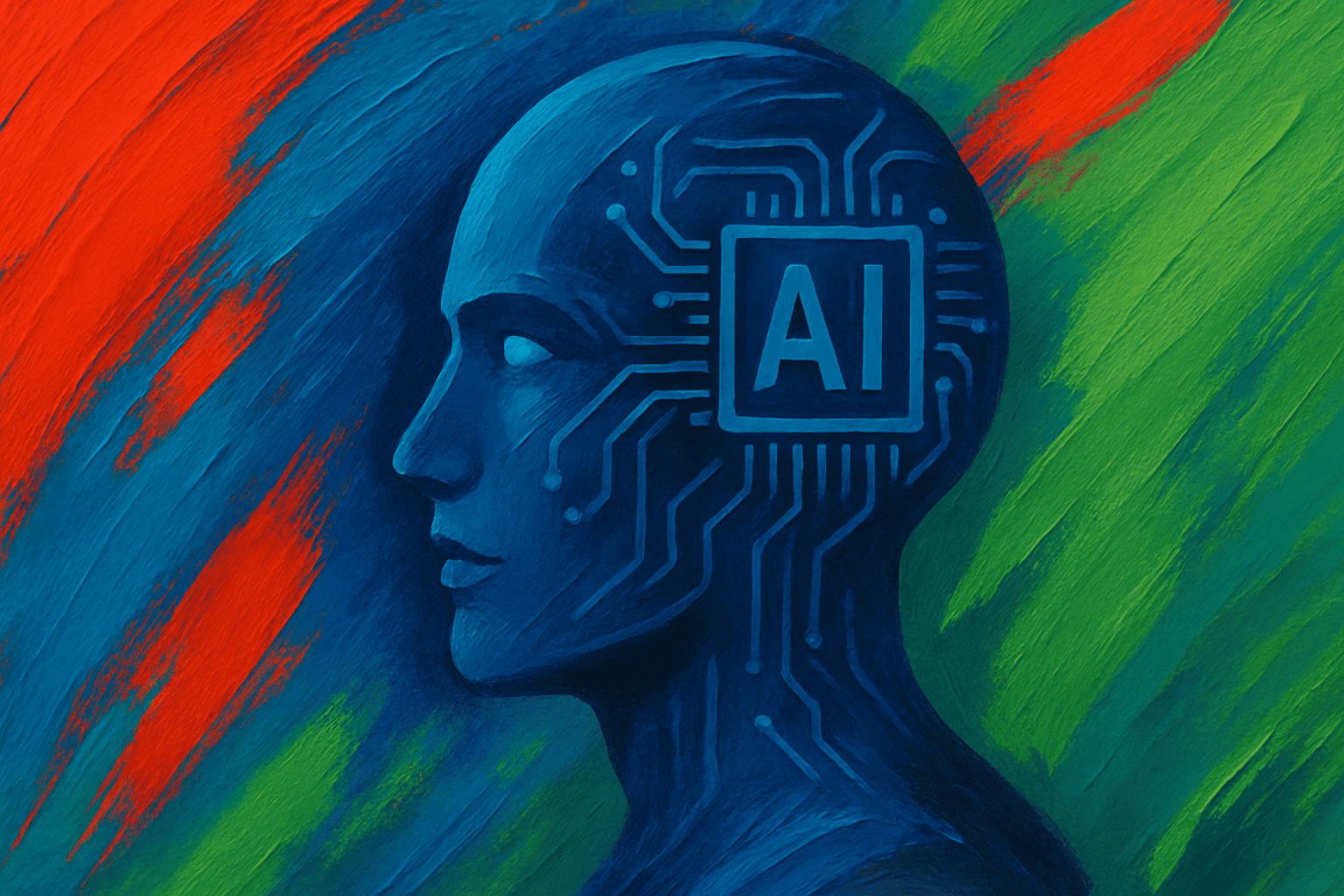From its “humble” beginnings as Facebook, Meta has shaped the digital world under the leadership of Mark Zuckerberg. While its Metaverse venture had mixed reviews, the company is once again pushing the bar, this time with AI and mixed reality. Andrew Bosworth, Meta’s Chief Technology Officer — known to many as “Boz” — believes that the company is driving humanity toward a future where AI could eliminate smartphones, turn your oven into a mind-controlled device, and make TVs as affordable as a dollar.
Meta’s shift to artificial intelligence is not just a phase; it’s a long-term vision. According to Bosworth, Meta’s new mixed-reality device, code-named Orion, could potentially replace the smartphone — a technology that has defined our lives for over a decade.
“This is probably the first device we’ve ever used that you can imagine replacing the phone,” Bosworth said confidently in a recent interview with The Sun newspaper. The sleek device offers a wide field of view, holographic displays and most significantly, is controlled by neural interfaces. No more swiping or typing — just think, and the device responds.
Meta has been working on Orion for years, and Bosworth believes it’s a major leap forward.
“Ten years in the making…we’ve hit it. We’ve actually built the thing that we wanted to build,” he explained. This isn’t just another headset or gadget; it represents a radical shift in how humans interact with technology. It’s an entirely new form of communication with our devices — one that is driven by thought and gesture, rather than touch.
In Bosworth’s vision of the future, AI becomes so deeply integrated into everyday life that many of the physical objects we rely on today will become obsolete.
“Why couldn’t your entire TV, mined from rare minerals in the Earth, just be a $1 app?” he asked. The ability to simulate physical objects like televisions could dramatically reduce waste and cost, making many of the appliances we use today irrelevant.
This doesn’t stop with entertainment. AI and mixed reality could transform how we manage tasks in the home. Bosworth envisions a world where you can control your appliances simply by thinking about them.
“If we all had not just AR glasses but neural interfaces for the devices that I do have in my home — things like an oven, a microwave — they don’t need to have a screen or any buttons on them anymore,” he said.
Bosworth also acknowledged that while the technology may feel futuristic, it is within reach. He described Orion as being “years, not decades away.” However, scaling this vision to a mass-market product will take time. “Even once they hit the mainstream, getting them to the point of ubiquity, getting the cost down enough…it’s going to be a long journey,” he admitted.
The development of AI at Meta isn’t limited to what you can see — it’s also about how technology can assist users by gathering and processing data.
“Your phone is with you all the time, but it can’t see what you’re seeing, it can’t hear what you’re hearing,” Bosworth said. The next generation of AI-powered glasses will change that by using sensors to gather information and assist users in real-time. Whether it’s reminding you of a meeting or helping those with dementia, the possibilities are vast. “Your day becomes queriable,” Bosworth went on. Imagine being able to ask your glasses: “What did that poster at work say?” and instantly get an answer.
Beyond personal convenience, Bosworth believes this technology could have life-changing impacts for people with disabilities.
“For people who are in elder care situations, people who have dementia, for people who have vision or hearing impairments…we hear tremendous positive feedback,” he said. The AI-powered glasses have already proven helpful in the blind and low-vision community through Meta’s partnership with Be My Eyes, and future developments could make them even more essential.
While the thought of mind-controlled devices and dollar TVs might seem like science fiction, Bosworth sees them as natural extensions of Meta’s evolving vision. He is keenly aware that, as AI grows in prominence, it will fundamentally change how we live.
“Everything around you becomes capable of having that kind of interaction modality. Everything’s going to change,” said Bosworth.
The future Meta is building is not just about hardware — it’s about redefining the way humans engage with the world through AI and mixed reality. For Bosworth and his team, the ultimate goal is clear: a seamless blend of the digital and physical worlds that enhances every aspect of our lives.






